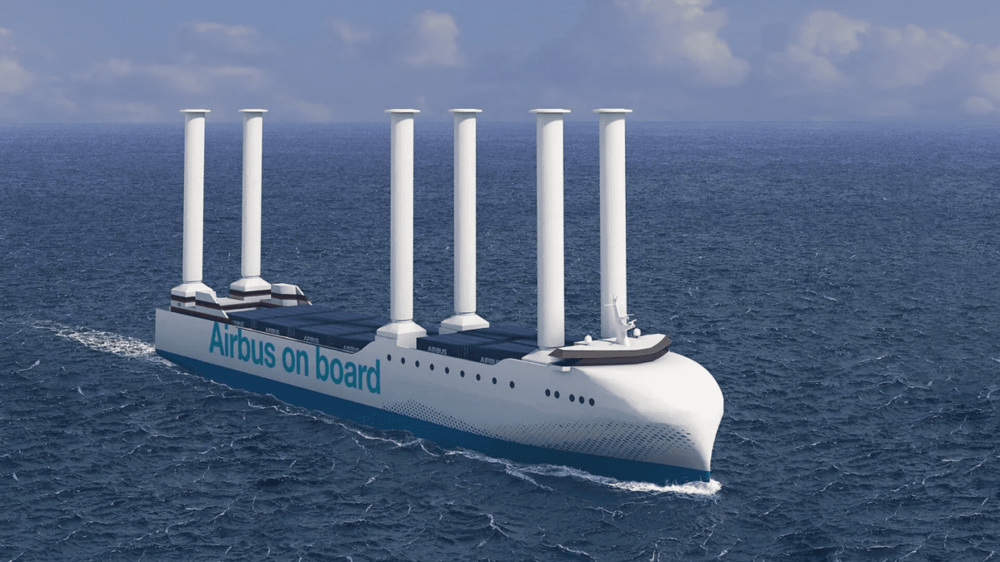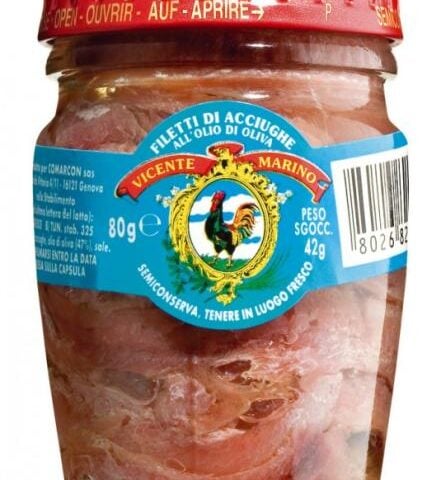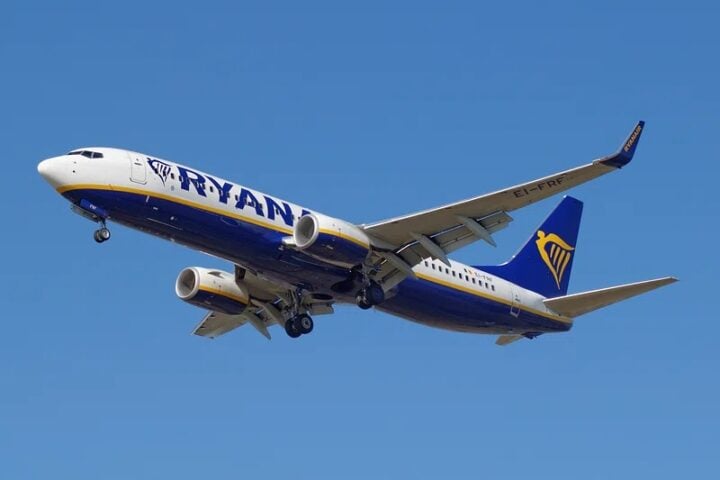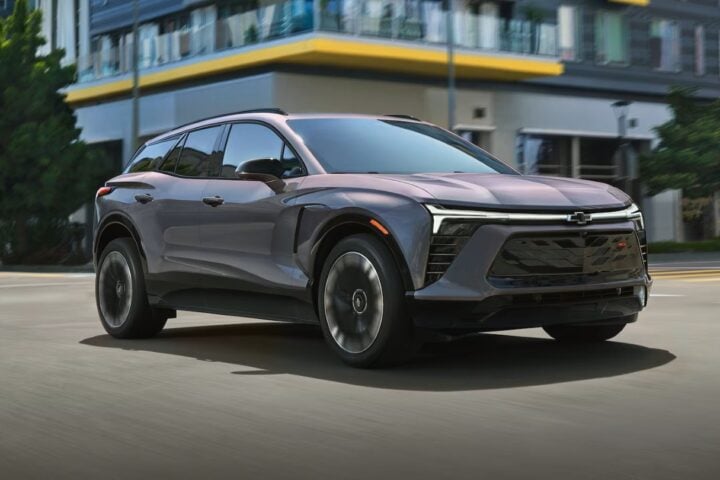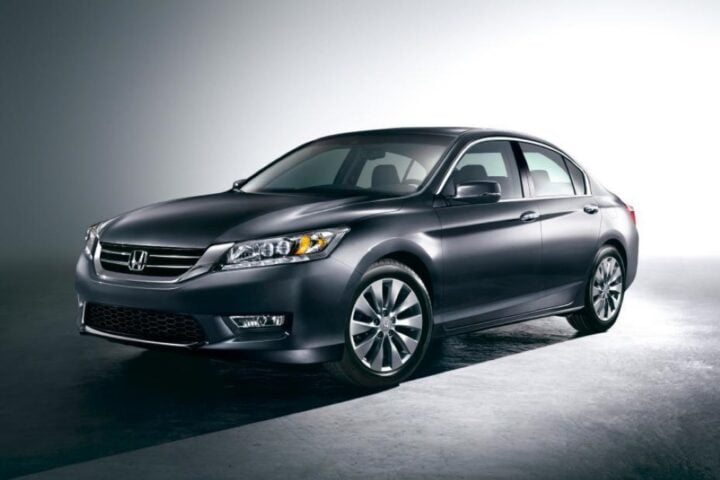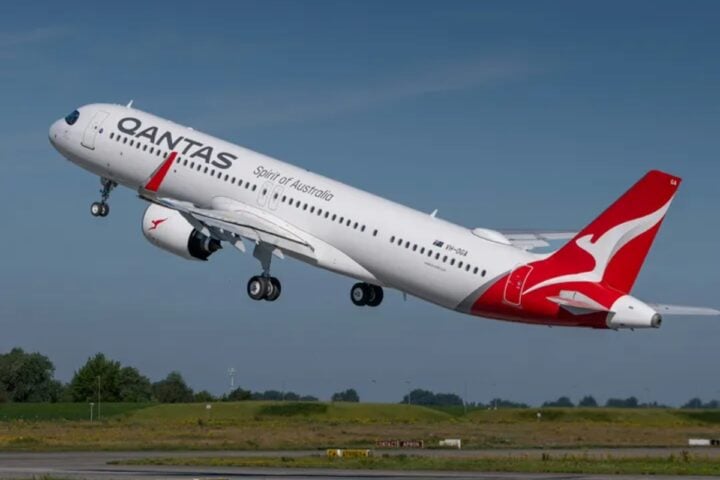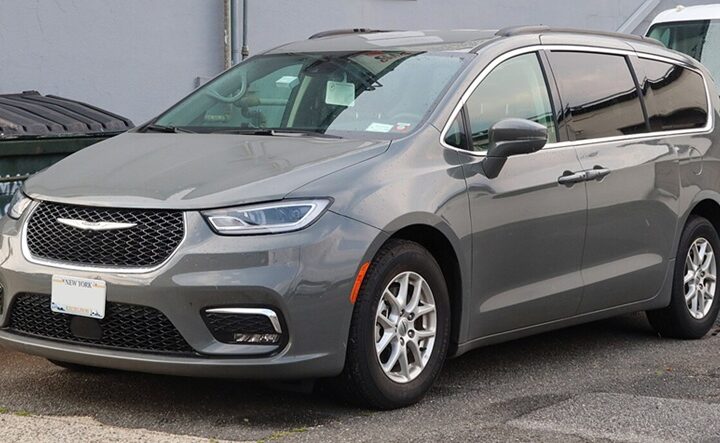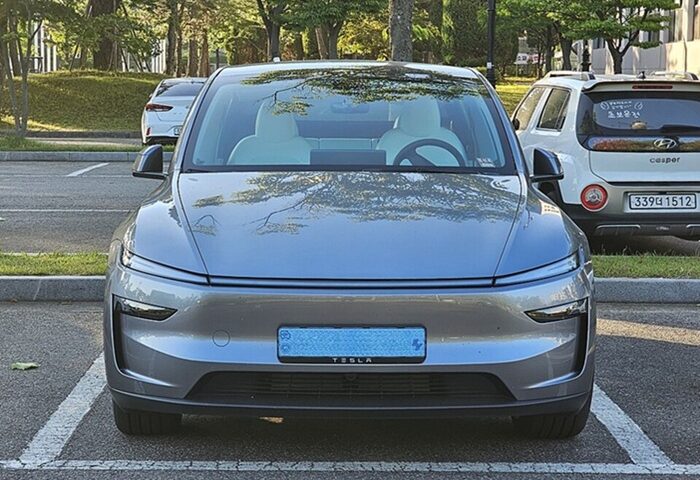Airbus, the global aerospace giant, is setting its sights on the seas as it embarks on a mission to green its maritime transport fleet. Beginning in 2026, the company plans to introduce three state-of-the-art roll-on/roll-off vessels to transport aircraft components across the Atlantic, bridging its production facilities in Europe and the United States.
These vessels won’t be your typical cargo ships. Each will operate on a blend of maritime diesel oil, e-methanol, and wind-assisted propulsion. E-methanol, an eco-friendly fuel, is produced by merging green hydrogen with captured carbon dioxide. The intention behind this mix is to progressively increase the e-methanol component, thereby further slashing emissions over time.
Airbus’s overarching goal is to slash the fuel consumption and CO2 emissions of its Atlantic fleet by half by 2030, using 2023 as the reference year. The company envisions even steeper reductions in the subsequent decade. This initiative aligns with Airbus’s broader commitment to reduce the environmental footprint of its operations, reflecting its independently-validated scope 1 and 2 commitments.
But how does wind play a role in propelling these ships? The answer lies in Flettner rotors – tall, spinning cylinders that generate lift perpendicular to the wind direction, propelling the ship forward. To maximize this wind-assisted propulsion, Airbus will employ routing software that charts the most efficient course across the Atlantic, ensuring the ships harness the wind’s power while avoiding drag from unfavorable oceanic conditions.
Similar Posts
Airbus has entrusted Louis Dreyfus Armateurs with the responsibility to design, own, and operate these next-generation cargo vessels. Once operational in 2026, each ship, registered in France, will be powered by a combination of six Flettner rotors and two dual-fuel engines.
The company’s maritime revamp doesn’t stop there. As of now, Airbus operates three chartered vessels. The “Ciudad de Cadiz” serves the Mediterranean, while the “Ville de Bordeaux” and “City of Hamburg” traverse the Atlantic. With the introduction of the new vessels, the “Ciudad de Cadiz” will be phased out. The “City of Hamburg” will be reassigned to the Mediterranean, and upon the delivery of the second new vessel, the “Ville de Bordeaux” will replace the “City of Hamburg” in the Mediterranean, equipped with bound4blue’s emissions-reducing eSAIL®.
These new vessels aren’t just about being green; they’re about capacity too. Each ship will be able to transport approximately seventy 40-foot containers and six single-aisle aircraft subassembly sets. This is a significant upgrade from the current capacity, which stands at four sets for the “Ville de Bordeaux” and three for the “City of Hamburg”. Beyond meeting Airbus’s production goals, this added capacity could serve other Airbus divisions or even be utilized for humanitarian aid via the Airbus Foundation.
By 2030, projections indicate that the revamped Atlantic fleet will emit 50% fewer CO2 emissions compared to 2023 levels. To put this in perspective, annual CO2 emissions per vessel on the transatlantic route are anticipated to plummet from 41,000 tonnes (for the “Ville de Bordeaux”) and 27,000 tonnes (for the “City of Hamburg”) today, to a mere 11,000 tonnes by 2030. By 2040, this figure could drop to as low as 5,000 tonnes for each of the three new ships. Recently announced, the Ville de Bordeaux, a vessel with a crucial role in transporting A320 Family subassemblies from Europe to Mobile, USA, for Airbus, is set to be adorned with three majestic 22-metre-high eSAILs®.
In an era where sustainability is more than just a buzzword, Airbus’s maritime overhaul exemplifies the company’s commitment to a greener future, not just in the skies, but also on the seas.
